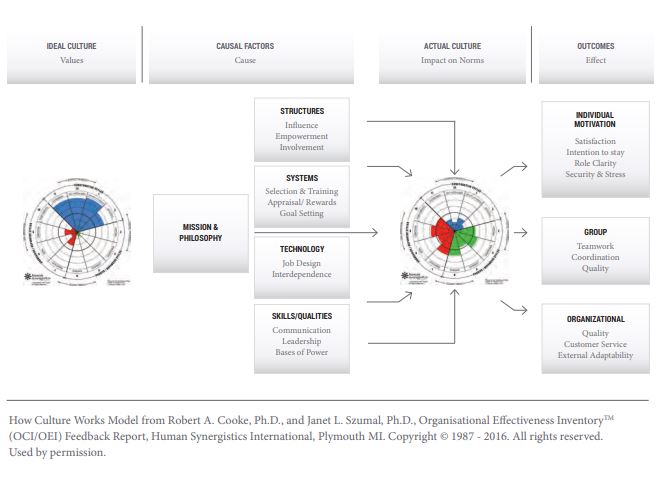
How to Build an Innovative Culture?
Why Innovation Lives (or Dies) in Your Culture Many organisations talk about innovation as a strategic priority. But innovation isn’t something you launch or roll

Why Innovation Lives (or Dies) in Your Culture Many organisations talk about innovation as a strategic priority. But innovation isn’t something you launch or roll

Episode Overview In this episode of Culture Bites, host Dominic Gourley explores dependent culture – a workplace pattern where decision-making is centralised, authority sits at the top, and

Episode Overview In this episode of Culture Bites, host Dominic Gourley, Consultant at Human Synergistics Australia, explores Conventional Culture in organisations. Dominic unpacks what a

Episode Overview In this episode of Culture Bites, Dominic unpacks approval culture – a common workplace culture pattern that often looks positive but quietly undermines performance. Approval cultures are

“You can’t time-manage your way to resilience. But you can shift how you think about the load you carry”. In this article courtesy of NZ

Discover the 12 Behavioural Styles of Santa’s Shopping Team as we navigate the Circumplex! </spanOur family the ‘Kringles’ are time poor but on a mission

From all of us here at Human Synergistics Australia I want to extend a big thank-you to our clients, Accredited Practitioners, partners and the broader

How LSI Digital is Transforming the Development Journey When organisations invest in self-awareness and leadership development, the impact often hinges on how deeply individuals can

How to Run an LSI Debrief Using the New LSI Digital Interface The new LSI Digital interface makes conducting an LSI debrief smoother, more

Episode Overview In this episode of Culture Bites, Dominic and Ash unpack a complaint they hear all the time: “Culture is so complex.” They argue